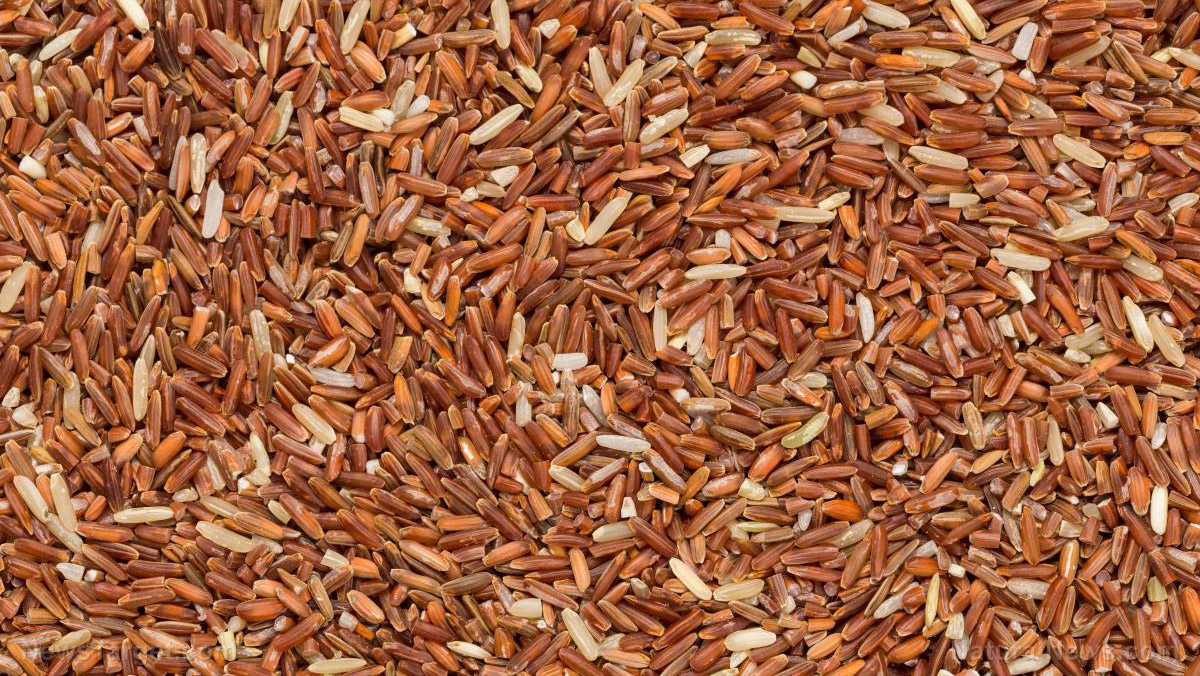Delicious preventive medicine: Dark chocolate proven to enhance cognitive function and prevent Alzheimer’s
11/28/2018 / By Michelle Simmons

Eating dark chocolate is a delicious way to boost your cognitive function and prevent Alzheimer’s disease later in life. A study published in the Journal of Dietary Supplements found that consumption of dark chocolate can improve cognitive function and address obesity-related problems.
For the study, researchers at the National Institute of Mental Health and Neurosciences in India assessed the effect of consumption of dark chocolate on monosodium glutamate-treated obese mice. They fed the obese mice with a dose of 400 milligrams per kilogram (mg/kg) body weight of dark chocolate containing 70 percent cocoa solids and four percent total polyphenol content every day for three months.
Obesity and Type 2 diabetes during midlife increase the risk of cognitive decline and Alzheimer’s diseases later in life, and taking enough amounts of certain antioxidant agents like dietary polyphenols have been reported to improve cognitive function.
The results of the study showed that consumption of dark chocolate reduced high blood sugar levels prevented the cholinesterase activity in the hippocampal tissue homogenates and improved the cognitive performance of the mice. Histological studies also revealed that cell volume in the hippocampus increased. These results suggested that dark chocolate enhances cognitive function and cholinergic activity in the hippocampus of mice, at the same time correcting their metabolic disturbances, such as high blood sugar levels.
Based on the findings of the study, the researchers concluded that eating dark chocolate can improve cognitive function. (Related: Dark chocolate is good for your brain; it makes you happy AND smarter.)
Dark chocolate offers mental and physical benefits
Studies have suggested that eating a small amount of dark chocolate can both improve brain health and boost immunity. Two small studies provided evidence on how eating a small amount of dark chocolate with 70 percent cacao may improve both mental and physical health.
The first study involved five healthy participants aged between 22 and 40. The participants ate 48 g of dark chocolate containing 70 percent cacao and 30 percent organic cane sugar each. The amount is equivalent to one small chocolate bar. The researchers also measured the participants’ brain activity before chocolate consumption and 30 minutes and 120 minutes after.
Results revealed that dark chocolate consumption resulted in a beneficial increase in gamma frequency in the cerebral cortical regions of the brain. These are the brain areas involved in memory and sensory processing. The researchers concluded that dark chocolate improved neuroplasticity for behavioral and brain health benefits.
For the second study, the same team of researchers recruited five healthy adults aged between 25 and 50 to consume 48 g of dark chocolate every day for eight days. They took blood samples from the participants before dark chocolate consumption, two hours after, and after the last intake. The team examined the blood samples to determine how dark chocolate consumption affected gene expression related to immune system activity.
The results revealed that eating small amounts of dark chocolate increased the gene expression involved in the activation of T cells, which are the white blood cells that fight infection and disease. Dark chocolate consumption also increased gene expression linked to neural signaling and sensory perception.
“These studies show us that the higher the concentration of cacao, the more positive the impact on cognition, memory, mood, immunity, and other beneficial effects,” said Lee Berk, lead researcher of both studies and the associate dean of research affairs in the School of Health Professions at Loma Linda University in California.
The studies were first presented at Experimental Biology 2018 held in San Diego, California and were then published in The FASEB Journal.
Read more news stories and studies on foods that boost brain function and prevent Alzheimer’s disease by going to Alzheimers.news.
Sources include:
Tagged Under:




















